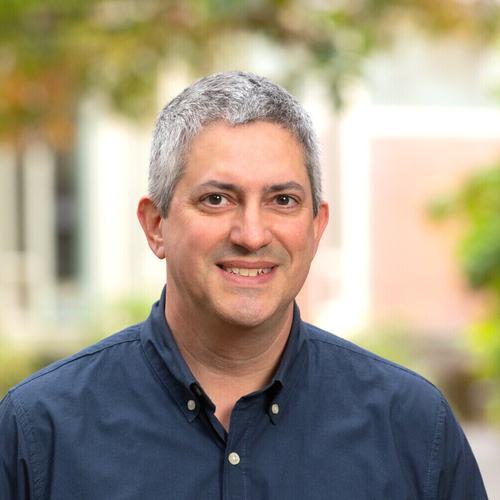
David Collins
Assistant Teaching Professor in Music and Senior Coach/Collaborative Keyboardist
I have been working at Wellesley College since 2011. In 2009 I completed my Doctorate in Collaborative Piano at New England Conservatory, where I studied with Irma Vallecillo, Kayo Iwama and John Greer. I received my Masters degree in Chamber Music from the University of Wisconsin at Madison, and my Bachelors degree in Music Composition from Western Michigan University in Kalamazoo. My doctoral thesis focuses on the songs of Austrian composer Joseph Marx, and includes literal, poetic and phonetic translations of dozens of songs, as well as harmonic analysis and stylistic and interpretive suggestions. While opera and art song were the main focus of my graduate studies, I also love teaching and performing chamber music, especially 20th-century French music.
I’m on the faculty of Lesley University as well, where I teach several music courses, including World Music, History of Jazz, History of Musical Theatre, and Class Piano. I have spent summers teaching at Boston University’s Tanglewood Institute and at the Pine Mountain Music Festival in Upper Michigan. In 2008, I served for a year on the piano faculty of the University of North Carolina at Greensboro, where I coached opera, art song, and chamber music.
I grew up in the Upper Peninsula of Michigan (the part of Michigan that is actually attached to Wisconsin, not Lower Michigan) but have been living in New England since 1999 and truly consider Boston my home. Outside of music, I enjoy traveling, working in my garden, cooking, and spending time at the beaches in Maine and on Cape Cod with my partner Eymard.
Education
- B.M., Western Michigan University
- M.M., University of Wisconsin-Madison
- Ph.D., The New England Conservatory of Music